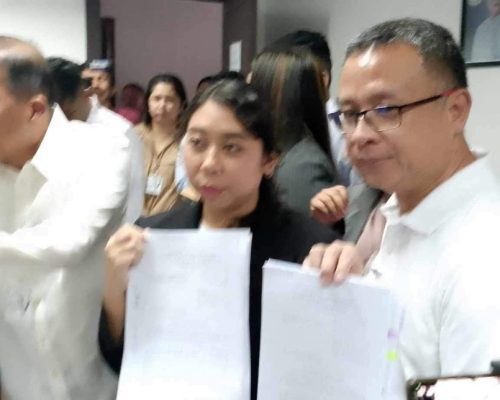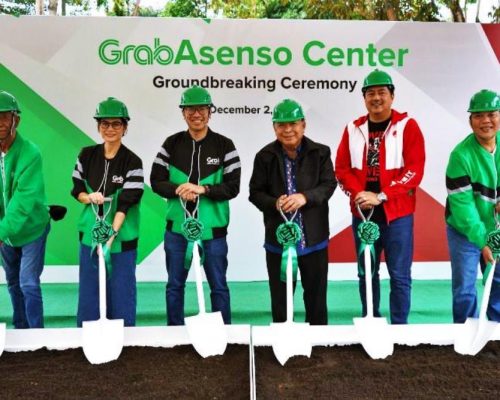It is essential to know real estate vocabulary to make a transaction whether you are buying or selling properties. Real estate is full of jargon (pre-qual, LTS, ATS, etc), and realtors have this “secret language” that buyers should also know to make them well-informed property investors. For sellers, it is required knowledge so that they can properly guide first-time buyers. It can be confusing if you don’t understand even the basic terms and words.
To help understand real estate jargon, you need to keep a list of unfamiliar words and phrases. For this series, here are the first 10 real estate vocabulary terms that you’ll likely encounter as you explore investment options.
Annotation
An annotation is found on a property title and indicates any existing judicial claims to ownership. A property with title annotations can be sold but the buyer will be subject to the pending result of court litigation.
Attorney-in-Fact
This a person given authority to act on behalf of another person. It can be anyone of legal age that you can trust to handle your transactions when you are unable to do so.
Authority to Sell (ATS)
An ATS is a listing agreement/contract between the property owner and seller. This document can give exclusive or non-exclusive authority for a seller to offer the property for sale. It should indicate the complete listing details ( lot/unit size, location, total contract price, names).
Buyer’s Market
When there are more properties for sale than buyers, the specific area is in a “buyer’s market” mode. When supply is greater than demand, prices usually go down.
Capital Gains Tax (CGT)
The tax incurred from the sale of capital asset (property) by the owner or the corporate owner. Usually shouldered by the buyer, capital gains is 6% of the zonal value or final selling price (whichever amount is higher).
Deed of Absolute Sale (DOAS)
The document that proves transfer of ownership from seller to buyer which indicates the purchase price.
Documentary Stamp Tax (DST)
The tax paid by the buyer for acquiring a property which must be made on or before the 5th day on the succeeding month after the DOAS is notarized.
Due Diligence
This is the process of checking a property before you purchase it. Check the property’s condition, best use and title for proper details.
Encumbrance
If there is an existing claim by another party other than the owner or current titleholder, this is called an encumbrance. This can lead to problems on transferability and free use of the property. So, do not buy a property with any encumbrances on tax payments or ownership.
Earnest Money
An amount of money paid by the buyer to reserve a property to show purchase intention. The earnest money is usually paid after due diligence and is part of the total selling price deductible upon payment of full price. This money will be forfeited in favor of the buyer if the transaction fails.
Knowing these 10 terms will help you make a successful selling or buying transaction. The key-takeaways are:
1.)The most important step in buying a property is due diligence. Always check if the property you want to buy is legitimate.
2.) Avoid buying properties with annotations and encumbrances.
3.) Make sure that you have a trustworthy Attorney-in-Fact when you are unable to personally sign documents or be present when buying a property.
4.) Know the taxes you are required to pay, or will be required to pay upon purchasing your land or condo unit.
There are more words to be learned in the second part of our series for real estate terms. Bookmark this page for the next article.



























